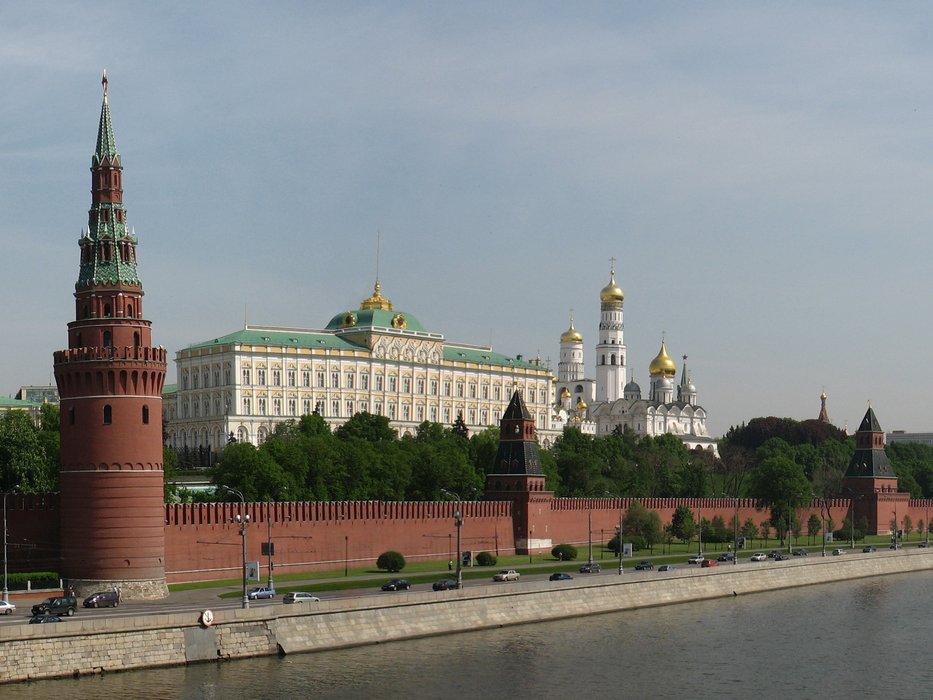
Freedom of association
Targeting of environmental and human rights CSOs continues
In June, the Russian Prosecutor General's Office designated the international non-governmental organisation WWF (World Wide Fund for Nature) as "undesirable" on the territory of the Russian Federation. It was alleged that the WWF is being used as a cover for projects considered a threat to Russia's security. They stressed that WWF, under the “pretext” of protecting the environment, is involved in activities aimed at preventing the implementation of “the Russian Federation's policy course” on the industrial development of the Arctic. The organisation also stands accused of financing Russian civil society organisations that have been placed on the register of foreign agents. As previously reported by the CIVICUS Monitor, in early March, the Russian branch of WWF was classified as a foreign agent by the Ministry of Justice and included in the register of foreign agents.
On 18th July, the Prosecutor's Office also designated the Wild Salmon Centre (WSC), a US-based non-profit conservation organisation, as "undesirable". According to the authorities, the organisation is involved in projects aimed at hindering Russia's economic development. The WSC’s “allegedly charitable initiatives” to create nature reserves in the Sakhalin and Khabarovsk regions are actually aimed at restricting fishing for Russian companies and blocking the country’s gas and oil industries. The WSC is also accused of financially supporting a "foreign agent" in Russia, the now-defunct organisation Sakhalin Environment Watch.
On 19th June, the authorities declared the Bulgarian human rights group "Agora" undesirable in the territory of the country. The Prosecutor's Office stated that the organisation's activities posed a threat to the foundations of constitutional order and the security of the Russian Federation. According to the decision, the organisation’s primary focus is on documenting and sharing information about “alleged” violations of the rights and freedoms of Russian citizens. It also offers legal support to opposition figures who take a strongly anti-Russian stance, including those who support “recognised extremist groups.”
Under the law, “undesirable” organisations are prohibited from opening departments or branches on Russian territory, distributing material physically or online, and carrying out projects in the country. Sharing materials from "undesirable" organisations on social media, as well as funding or collaborating with them, is punishable by administrative and criminal sanctions.
Freedom of peaceful assembly
Artist sentenced to 15 years in prison for pro-Ukrainian protest
On 6th June, the Rostov-on-Don military court sentenced a Ukrainian performance artist and activist from Crimea, Bohdan Zizu, to 15 years in a general penal colony. He was accused of spray-painting the facade of the Yevpatoria administration building with yellow and blue paint to protest against the Russian authorities' actions towards Ukraine. He was also accused of throwing a Molotov cocktail into a window.
As Current Time reports, the court found Zizu guilty of justifying terrorism, an attempted terrorist attack and vandalism out of political enmity. Originally, the prosecution had demanded 18 years in prison for the artist.
In his closing argument, the Ukrainian artist demanded in protest the revocation of his Russian citizenship, which he had obtained after the annexation of Crimea, and the release of all Ukrainian political prisoners from Russian detention. Zizu reportedly began a hunger strike on 10th June.
Freedom of expression
Seven and a half year sentence for 64-year-old activist for spreading “fake news”
On 22nd June, 64-year-old activist Igor Baryshnikov from Sovetsk in Kaliningrad was sentenced to seven and a half years in prison for disseminating "fake news" about the Russian army in Facebook posts. Throughout the trial, the judge refused to release Baryshnikov, who has been diagnosed with suspected prostate cancer, from detention for medical treatment.
Baryshnikov first became aware of his criminal case in May 2022. The proceedings against him were initiated on the charge of spreading "fake news" about the Russian army. This was based on his posts on Facebook, which included information about Russian troops shelling Ukrainian cities. According to OVD-Info, hundreds of people in Russia are facing charges of spreading fake news about the so-called special operation in Ukraine.
During a thorough search of his flat, police confiscated all his phones and removed posters supporting oppositionist Alexei Navalny, as well as those criticising Vladimir Putin. Baryshnikov has been sporadically participating in protests since 2017, and he was first arrested in January 2021 during a rally in support Navalny. Over the next two years, the authorities closely monitored Baryshnikov, subjecting him to regular interrogations and harassment.